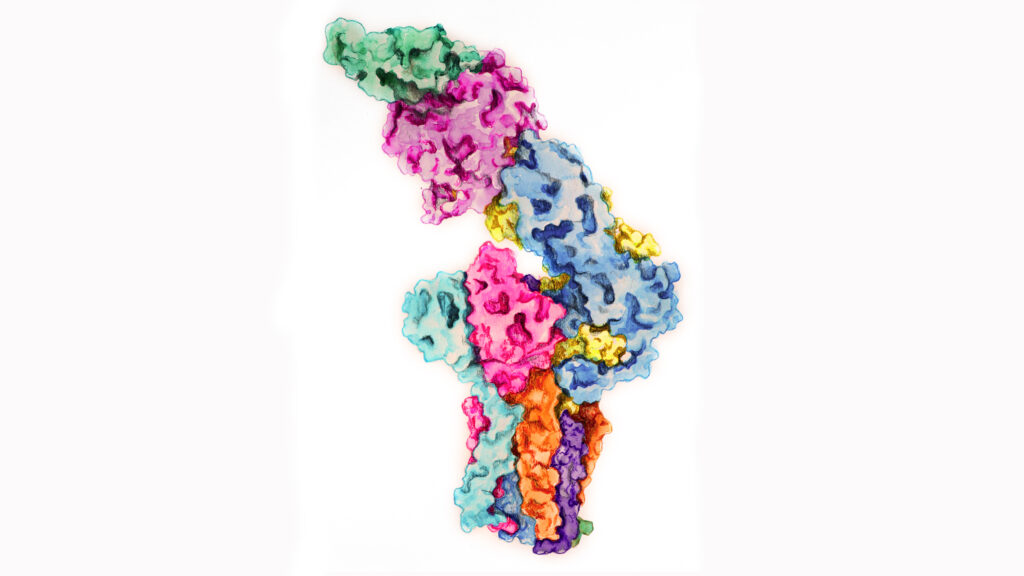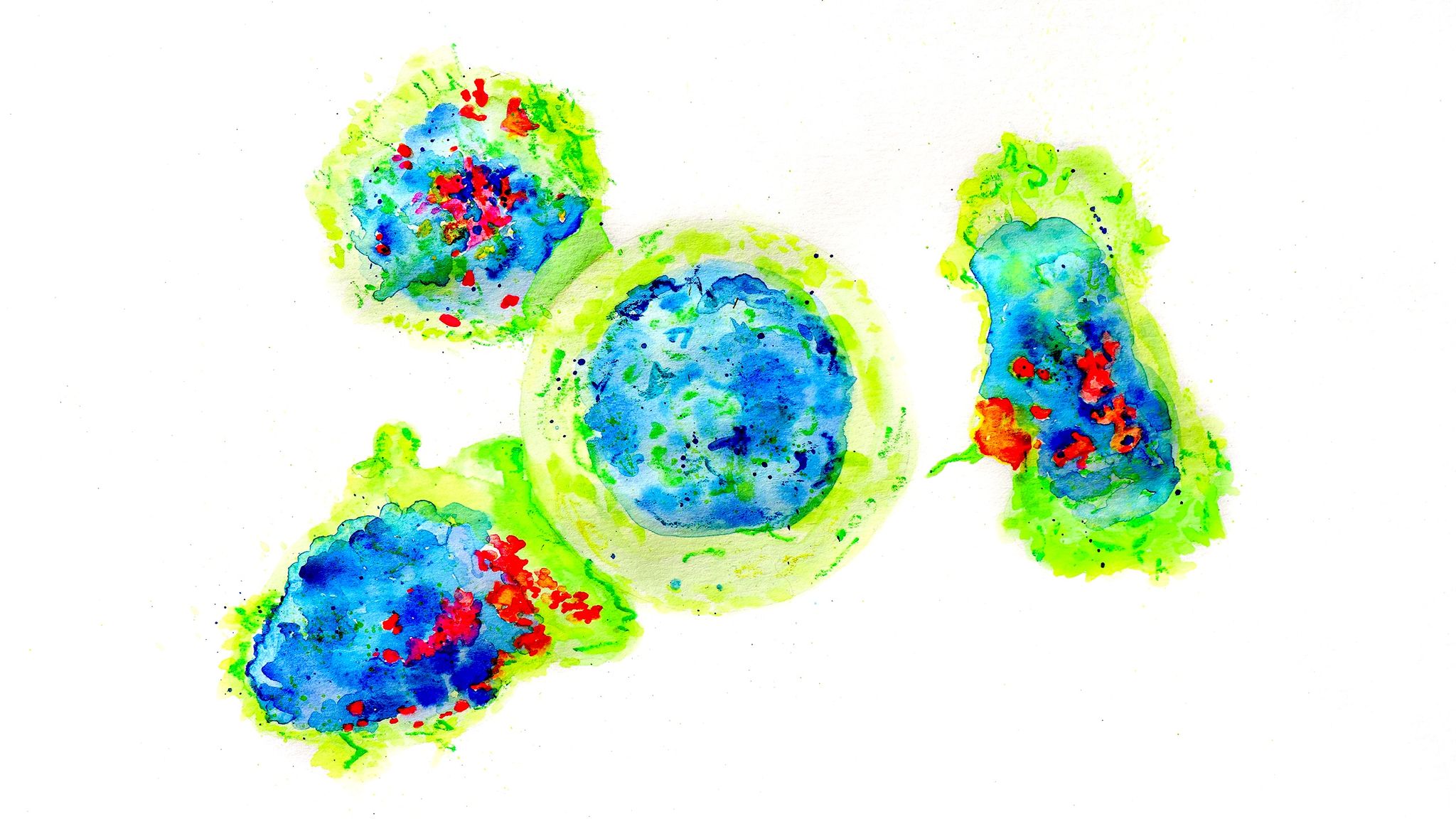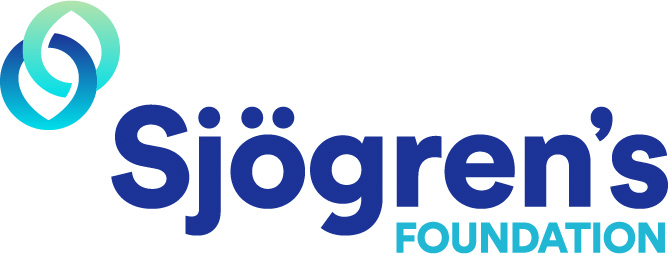Research
our Research
Our goal is to uncover the fundamental principles governing complex immune responses. By integrating systems biology with biomolecular design, we build technologies to systematically dissect and reconstruct these systems. This engineering-first approach allows us to directly decode immune specificity in patient-derived samples across diverse diseases. Ultimately, we aim to translate these mechanistic insights into effective immunomodulatory therapies for autoimmunity, cancer, and infectious diseases.

Engineering Technologies to Decode T Cell Specificity
Despite major advances in T-cell immunology, the comprehensive landscape of cognate antigens, and the molecular logic that enforces self–non-self discrimination, remains largely unresolved. Conventional assays survey only narrow, pre-selected antigen panels, capturing a small fraction of T-cell specificity. To overcome this limitation, we engineered genome-scale, high-throughput discovery platforms that tile the entire human peptidome and virome. These unbiased libraries, coupled to sensitive functional reporters, now permit systematic identification of antigens recognized by both CD8⁺ and CD4⁺ T cells.
Read More
TScan-I Platform:
Designed for CD8⁺ T cell antigen discovery, TScan-I enables proteome-wide identification of cognate antigens. This approach has been successfully applied to map antigen specificities across a range of immune responses (Cell 2019).
TScan-II Platform:
To extend these capabilities to CD4⁺ T cells, we developed TScan-II, a complementary, genome-scale platform. TScan-II integrates human genome and virome-wide libraries for de novo antigen discovery. Combined with site-saturating mutagenesis, this platform provides a detailed map of the TCR-peptide-HLA interface, deepening our understanding of T cell cross-reactivity and signaling (Cell 2023).
We are iteratively developing novel platforms to probe pivotal immunological questions with finer resolution. These next-generation tools will expedite the rational design of precision immunotherapies and vaccines by dissecting the molecular determinants of T-cell recognition and self-tolerance.
Molecular Triggers of Immune Tolerance Failure
Identifying the earliest molecular events that trigger the loss of immune tolerance is inherently difficult: most autoimmune diseases are diagnosed only after substantial, chronic tissue damage and conventional candidate-based screens capture only a fraction of the relevant antigens. Immune-checkpoint inhibitors (ICIs) offer a rare window into these early events. By blocking inhibitory receptors such as CTLA-4 and PD-1/PD-L1 to boost antitumor responses, ICIs often provoke rapid-onset immune-related adverse events (irAEs), effectively modeling acute tolerance failure in real time.
Read More
Leveraging our genome-scale TScan-I and TScan-II platforms, we can now pinpoint the antigens that ignite autoreactive T-cell responses in both classical autoimmune diseases and ICI-induced irAEs.
Key Questions:
1) Homeostatic Regulation
Which peptide–HLA interactions sustain regulatory T-cell function and systemic tolerance in healthy tissues?
2) Drivers of Pathology
What specific antigens or signaling pathways are indispensable for initiating pathogenic effector T-cell activity once tolerance is breached?
3) Comparative Immunopathogenesis
How do the molecular circuits that underlie irAEs align with or diverge from those in spontaneous autoimmune disease?
By capturing the very antigens that trigger pathologic T-cell activity at the moment tolerance fractures, whether in chronic autoimmunity or acutely after ICI therapy, we can move beyond cataloguing reactive epitopes to building predictive, quantitative models of immune equilibrium. Such models will (i) expose shared molecular fault lines across distinct autoimmune syndromes, (ii) explain tissue-specific vulnerabilities under checkpoint blockade, and (iii) reveal druggable nodes that can be tuned to prevent or reverse pathology without dampening protective immunity.


The Antigenic Lexicon of Tumor-Reactive T Cells
Cancer immunotherapy harnesses the immune system’s intrinsic ability to recognize and eliminate tumor cells, mainly through the activity of antigen-specific T cells. Despite significant clinical successes, patient responses to immunotherapy remain highly heterogeneous. One of the key unresolved questions in the field has been the extent to which the diversity of antigens recognized by tumor-infiltrating T cells shapes their functional states and ultimately dictates therapeutic outcomes. Single-cell RNA sequencing studies have characterized various T cell phenotypic states within the tumor microenvironment (TME); however, the antigen specificity underpinning these states remains poorly defined.
Read More
By leveraging the technologies we have developed, we can now link distinct functional states of T cells within tumors directly to their antigen-specific recognition events.
Key Questions:
1) Antigen-Specific Shaping of T-Cell Phenotypes
Which tumor-derived antigens, including neoantigens, self peptides, and latent/oncoviral epitopes, dictate the emergence of progenitor-exhausted, terminally exhausted, TRM, or Treg states in the TME?
2) Functional Relevance of Antigen Class
How do self-, neo-, and viral-specific interactions correlate with productive tumor control versus immunotherapy resistance?
3) Therapeutic and Predictive Implications
Can antigen-resolved T-cell signatures forecast patient outcomes, and can newly identified epitopes lead to the development of personalized vaccines or adoptive T-cell therapies?
Through integrating TScan antigen discovery with single-cell functional and transcriptomic profiling, our research aims to elucidate how antigen specificity drives T cell behavior and therapeutic responses within the tumor context. This approach will enable us to define a comprehensive antigenic landscape of the TME, illuminating new mechanistic insights into tumor immunogenicity and immune evasion. Ultimately, our work seeks to identify predictive biomarkers of immunotherapy response and inform the rational design of antigen-specific therapeutic strategies, thereby improving clinical outcomes for cancer patients.
Funding & Support
Work in the Haj-Dezfulian Lab is generously funded by:





